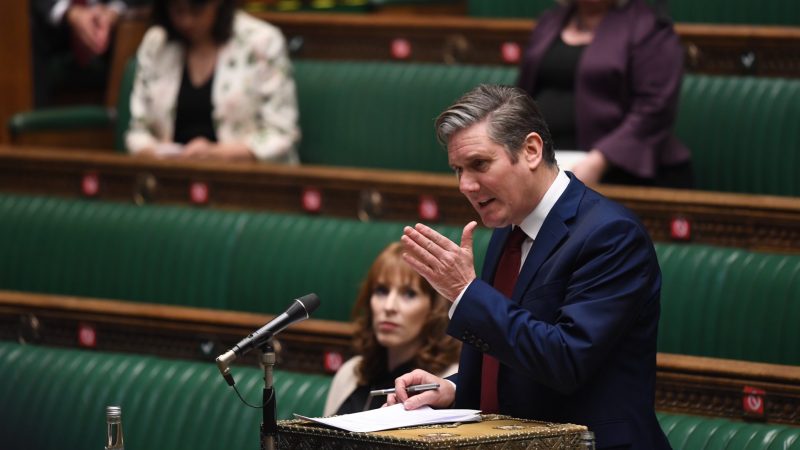
I hate Brexit – everything about it, a thin deal, a fat deal, anything short of full membership of the European Union. I spoke, I wrote, I marched for the cause. But I am no longer a Remainer, and I believe that Labour should vote for Boris Johnson’s deal on December 30th. We should do so not because we support it but, frankly, because we have no choice. We should grit our teeth and cross our fingers. But we should do it.
That, a ‘Labour source’ lamented recently to The Guardian, would be “deeply uncomfortable for some MPs”. So it should be. That’s what happens when you lose elections. Opposition is ‘uncomfortable’, often ‘deeply uncomfortable’! When Labour could have won the argument for Remain in 2016 or for a second referendum last year, we failed. That’s why, at least in part, we are where we are.
Now we have to face a reality not of our own choosing: the Tories have an 80-seat majority and the UK has left the EU. There is no prospect of reversing, delaying, mitigating the decision. There is nothing Labour or its leader can now do to change that plain, uncomfortable fact. In that state of political impotency, any vote now – for, against, abstention – can be no more than symbolic. That is to say: it will have no practical effect, but it will signify how Labour proposes to face a future it has not shaped and how it is prepared to deal with the real world.
The choice is between a bad deal or no deal. There is no other option. A vote against the deal is a vote for no deal. The former leader of the Labour MEPs, Richard Corbett, argues that abstention “would avoid any risk of a no-deal outcome by allowing the deal to get through”. Thus, he suggests, Labour would cunningly avoid “being labelled as meekly tagging along”. It would instead be labelled as meekly standing aside. It would signify that Labour would rather have ‘clean hands’ than be engaged in the UK’s messy future.
Voting for the deal is by no means an endorsement of its woeful contents, nor complicity in their consequences; it does not signify a desertion of former principles. It should not be based on an anxious appeasement of lost Labour voters in the ‘Red Wall’ seats, and certainly not on how the Tories and a hostile press will respond. It ought rather to be a matter of principle.
In reality, voting for the deal is simply the best/least worst option available, and Labour should want the best/least worst for the British people. As the opposition, we have a duty to try to make the best of the least worst because that is the only choice we have. Doing so doesn’t prevent Labour from pinning the terms of the deal on Boris Johnson and the Conservatives; it doesn’t prevent us from holding the government to account for the consequences. It doesn’t prevent us from arguing for a better deal – or even for a new relationship with the EU.
It does mean that we accept that the reality has changed: those who wanted to remain in the EU have lost. We can be Exiles or Renegotiators or even, eventually, Rejoiners, but we can no longer be Remainers. The decisions we make and the policies and strategies we develop must be based on where we are and where we can get to from here, not on where we might have been had this government been less venal or Labour a more effective opposition over the last four years.
As passionate as many of us feel, Keir Starmer’s choice is unenviable; whatever he does now will be condemned by the Tories, and Labour disunity can only divert the spotlight from their incompetence in government to our inadequacy in opposition. The least worst option is to vote for the least worst deal.




More from LabourList
‘Unity or division’: Starmer’s message to voters in Gorton and Denton
Almost half of Labour members oppose plans to restrict jury trials, poll finds
‘How Labour can finally fix Britain’s 5G problem’